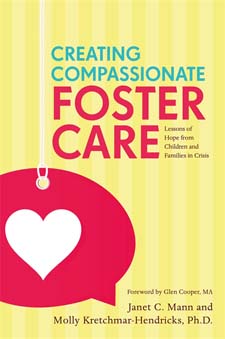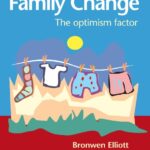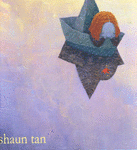“Every child’s way of being can open doors to wisdom, compassion, and human connection. We need only to listen.”
This is among the conclusions that the authors, one of whom is an experienced foster parent and the other a professor of developmental psychology, draw as a result of working with a diverse range of children and families. Inspired by their relationships with families in crisis, the authors began to rethink the traditional foster care models and developed an innovative practice that afforded birth parents the opportunity to reside, under supervision, with their children during evaluation and treatment. Drawing on over 20 years of work in foster care, along with current attachment research and theory, this book conveys the foster care experience with recommendations for improved models of care and intervention strategies.
Engaging case studies depict the challenging nature of determining the best outcome for a child and of supporting the adult’s journey as a parent. Written in a narrative style and supported by in-depth research, this book will aid social workers and foster care professionals to better understand families in crisis and to further develop their practice.
Contents:
- Acknowledgements. One Day. Foreword. Preface.
- PART 1: Lessons Learned from Children and Families.
- 1. Rickie.
- 2. Rachel.
- 3. Barbara and Nathan.
- 4. Hannah and Ashley.
- 5. Lucy.
- 6. Desirae and her Children.
- PART II: Reflection: Ideas for More Compassionate (and More Effective) Foster Care. Introduction to Part II. 7. Through the Eyes of the Child.
- 8. Insights into Intervention.
- 9. The Meaning and Measure of Change.
- 10. Final Reflections.
- A Special Place. Chapter Notes. References. Further Reading.
Author Bio:
Janet Mann is a former foster parent and founder and director of The Children’s Ark foster home in Spokane, Washington. Janet has advanced training in Infant Mental Health and is certified in Circle of Security Assessment and Treatment Planning.
Molly Kretchmar-Hendricks, PhD, is a professor of developmental psychology at Gonzaga University in Washington state, with specialized expertise in attachment theory. Molly was a research affiliate on the Circle of Security Intervention Program.





